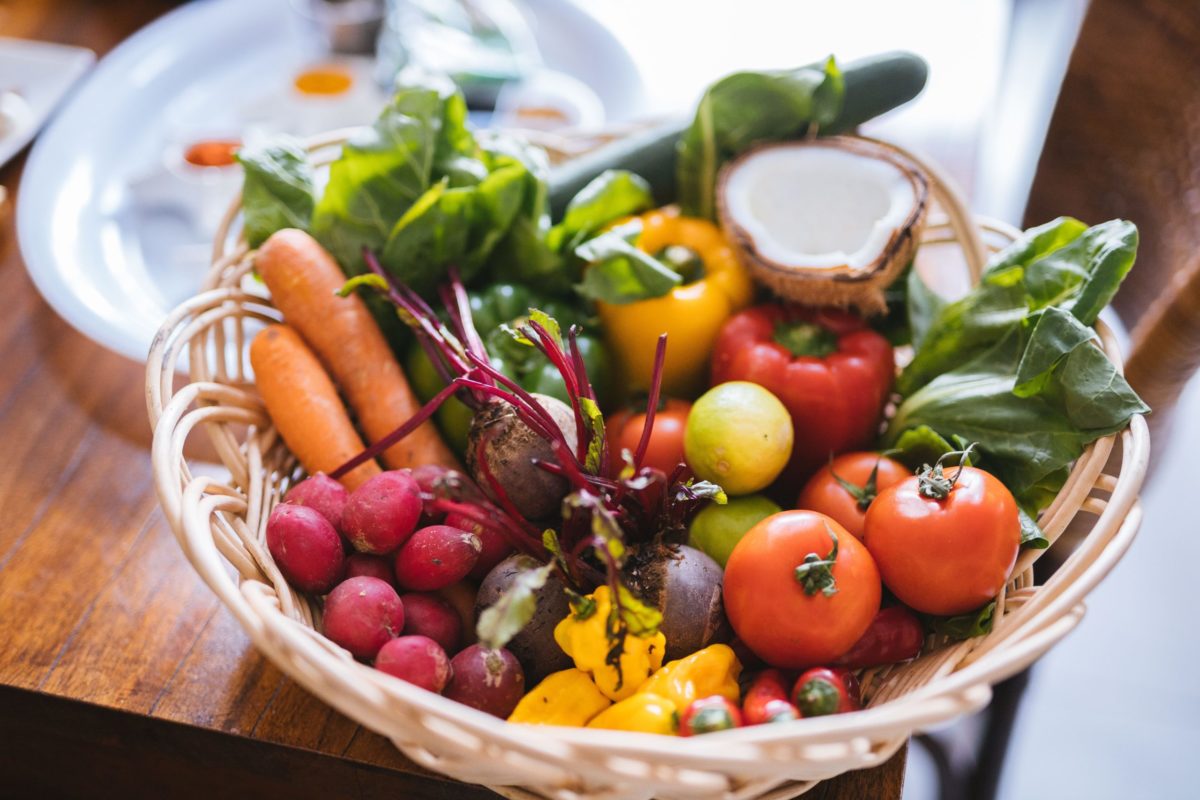As conventional US healthcare fails an ailing nation, food as medicine has gone from fringe belief to our best hope.
The latest: The Rockefeller Foundation committed $4.6M in grants to various approaches that prevent, manage, and treat diet-related illnesses in the US. The funding will advance the concept of food as medicine by bridging gaps between millions of food-insecure patients and healthcare.
Why it matters: The American food system is broken, with an over-emphasis on packaged goods and poor access to fresh food leading to chronic health issues.
- 34M Americans face food insecurity, disproportionately affecting BIPOC and low-income neighborhoods.
- $604B in healthcare costs are directly attributable to diet-related diseases.
The Rockefeller Foundation is perhaps the most high-profile name to throw its weight behind prioritizing better food instead of pharma. According to Devon Klatell, VP of Food Initiative at The Rockefeller Foundation, it’s supporting a solution in plain sight:
“We know healthy food is medicine, that patients in study after study benefit from it; but we also know that too few in the United States have access to this sort of food.”
Seeking greater scale for medically tailored meals and prescription eating programs to reduce healthcare costs, initial grant recipients include produce prescription collaborative Wholesome Wave, veteran-centered food access program About Fresh, indigenous farming-as-medicine initiative Deep Medicine Circle, and others.
The grants follow its previously announced $105M Good Food Strategy fund, as well as a joint $250M food-as-medicine research initiative with the American Heart Association.
Looking ahead: Even though the food-as-medicine movement is young, fed-up consumers are already on board — 78% of Americans believe food can treat their health conditions. But, with 62% confused as to what “healthy” foods make the best medicine, access and education must improve simultaneously.



